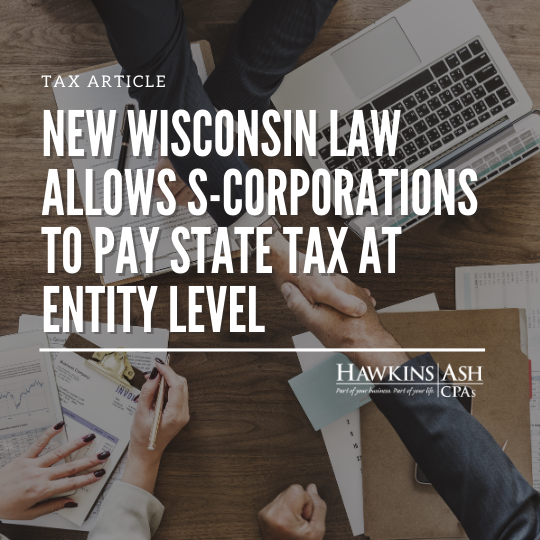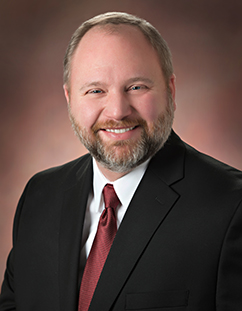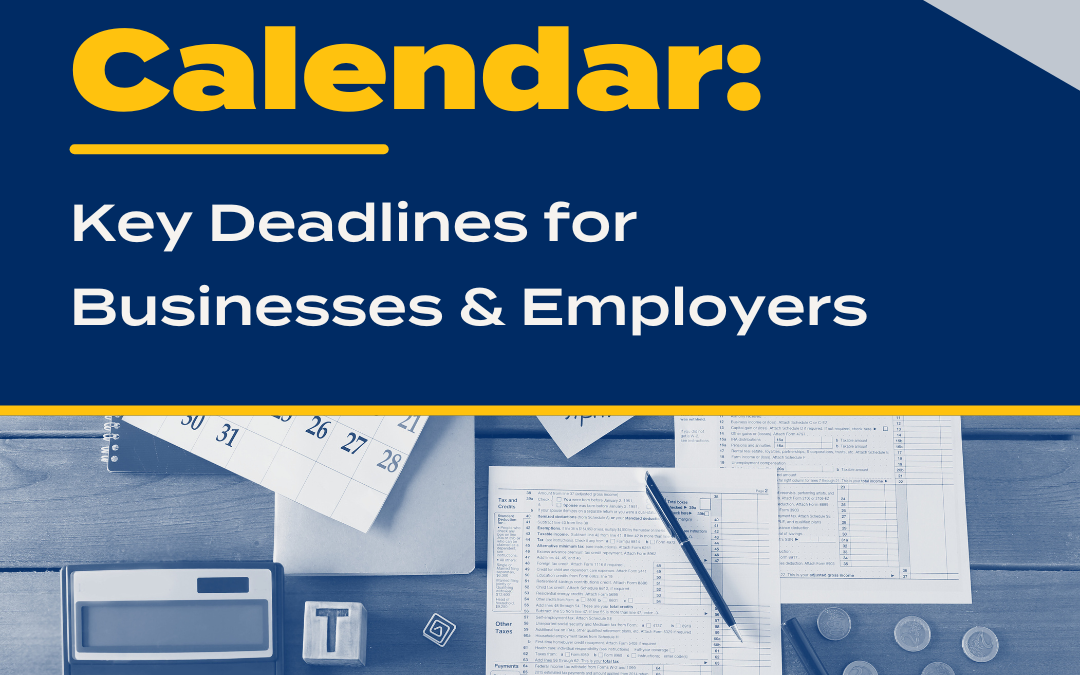There are numerous changes to Federal and State tax laws every year, with more than usual for 2018. Wisconsin passed several laws in December, including one provision that has a potential benefit for you as an S corporation owner. The Wisconsin provision is in response to the limit placed on the potential itemized deduction for state and local taxes under the Federal Tax Cuts and Jobs Act (FTCJ) passed in 2017.
Under the new Wisconsin provision, a Wisconsin S-corporations can elect to be taxed at the entity level rather than passing the income out to shareholders to be taxed on their individual return. The entity level Wisconsin tax would be deductible by the S corporation on its Federal return, thereby decreasing Federal income. In effect, this allows the deduction for state tax paid by decreasing the pass-through income (rather than as a separate line item deduction on the individual return). The net result is a decrease in Federal income and the corresponding Federal tax.
Even with the Wisconsin election, the entity will continue to be treated as an S corporation for all Federal tax purposes, and will still be treated as an S corporation for Wisconsin for all purposes other than the payment of tax.
The election to pay Wisconsin tax is made at the entity level after approval of the majority of shareholders. Initial guidance indicates this will be a simple check box on the S corporation return. This provision is in effect for 2018 S corporation years and is an annual election.
While this sounds simple and fairly straight forward, there are several potential issues to consider. The tax paid at the entity level is a flat 7.9% (the Wisconsin C corporation rate) and is not able to be offset with most credits. This rate is higher than the maximum Wisconsin individual rate of 7.65%. Also, certain tax credits, such as the Manufacturing and Agriculture Credits cannot be claimed by the entity under these provisions. If you are not at the maximum individual rate, or if your individual tax is offset by these credits, the provision might not produce a lower overall tax. S-corporations that operate in multiple states or have shareholders who reside in different states provide additional complexity that may make this possible election less beneficial.
S-corporations that have incurred losses would likely not want to make this election until they return to profitability.
There are other risks and concerns. This provision is part of a new law just passed December 14, 2018. There is much that is not yet known or understood about the impact and consequences of the provision, as well as the exact procedures for making the election. The Wisconsin Department of Revenue is projecting that all the forms necessary to make the election will not be available until July 2019, so the tax returns of any entity making the election will have to be extended. Also, there has been no guidance or reaction from the Internal Revenue Service yet, so there is a risk that regulations or future Federal laws could render the Wisconsin provision ineffective. Other states have attempted workarounds for the limits on the deduction for state and local taxes and the IRS has made those ineffective by proposed regulations and notices. Wisconsin’s approach is different from what has been tried by other states, and likely has some authority, but there is still the risk that the IRS will challenge the provision and win.
The Hawkins Ash professionals will work with these new provisions as part of our annual tax preparation process, and work with you on how this provision applies to your specific facts and circumstances. The decision whether to make the election to pay entity level tax for a Wisconsin S-corporations is unique to each entity, and will need to be reviewed on a case by case basis.
We will continue to monitor these new opportunities, and keep you apprised of changes in the application of these provisions. More guidelines are expected soon. The provision will also be available to partnerships for the 2019 tax year, so we will be looking at new potential applications of these provisions throughout the coming year.
Please contact us with questions. We look forward to discussing how these Wisconsin provisions apply to your situation.





